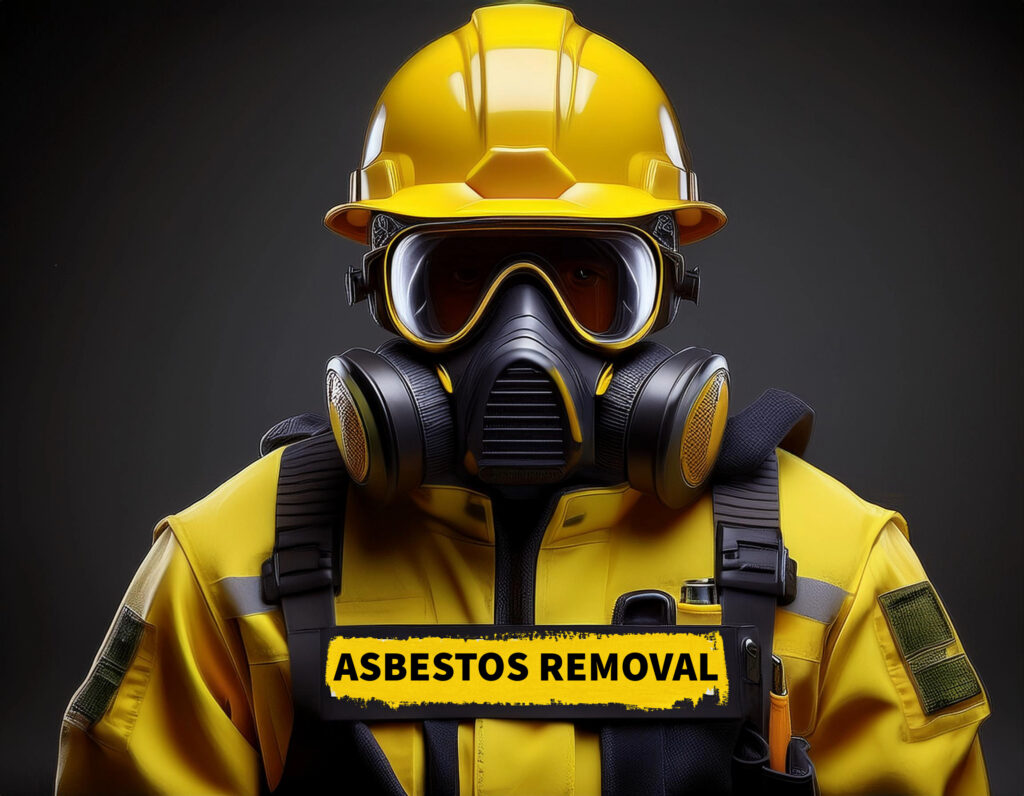Asbestos was once a popular building material used worldwide, but now we know the risks associated with exposure to asbestos fibers. The management and disposal of asbestos waste must be handled with great care to prevent harmful exposure to humans and the environment. In this blog post, we will explore asbestos removal, asbestos disposal, and other related topics.

Asbestos: An Overview
Asbestos is a group of naturally occurring minerals with strong, heat-resistant properties. Previously used in construction, asbestos is now known to be a serious health hazard, leading to the rise of professional asbestos removalists and asbestos management plans.
Asbestos Testing
Before undertaking any asbestos removal or disposal, it’s essential to perform asbestos testing. Asbestos testing can identify whether asbestos is present and guide the development of an asbestos management plan. Various regulations require certified professionals to carry out this testing.
Asbestos Removal
Removal of asbestos should be left to professional asbestos removalists who are trained to handle and dispose of these materials safely. They are aware of the legal requirements and environmental considerations surrounding asbestos removal, ensuring that asbestos abatement occurs without risk to public health.

Professional Disposal Techniques for Asbestos Waste
- Identification and Segregation: The proper disposal of asbestos begins with identifying the materials and separating them from other waste. Special containers and labeling are required.
- Containment: Containing asbestos waste in approved packaging prevents the release of harmful fibers. Professional disposal techniques for asbestos waste include double-bagging and sealing materials.
- Transportation: Asbestos waste must be transported to approved disposal sites. Licensed contractors are typically required to handle this aspect of the disposal process.
- Disposal Site Requirements: Asbestos waste must be disposed of in approved landfills. The disposal site will often have specific requirements, such as burying the asbestos waste at a specific depth.
Legal Requirements and Environmental Considerations
Laws governing the disposal of asbestos waste vary by jurisdiction but generally include requirements for:
- Hiring professional asbestos removalists
- Developing an asbestos management plan
- Following professional disposal techniques for asbestos waste
- Compliance with transportation and landfill regulations
Environmental considerations also play a vital role, ensuring that asbestos disposal doesn’t negatively impact the surrounding ecosystem.
Conclusion
Asbestos disposal is a complex process that must be handled with care, knowledge, and compliance with legal regulations. Hiring professional asbestos removalists, adhering to proper disposal techniques for asbestos waste, and following a carefully crafted asbestos management plan will ensure the safe and responsible handling of this dangerous material.
By embracing these principles, we not only protect human health but also take significant steps in safeguarding our environment. If you or your organization needs guidance on asbestos removal or disposal, seek out professionals with the expertise to handle these essential tasks.
If you are in doubt does your home or property has asbestos-containing materials and want to find out, do not hesitate to reach out to our experienced team of professionals today on: 0475 143 106 or email us on: asbestosgoneandclean@gmail.com for safe, expert asbestos removal services you can trust!

